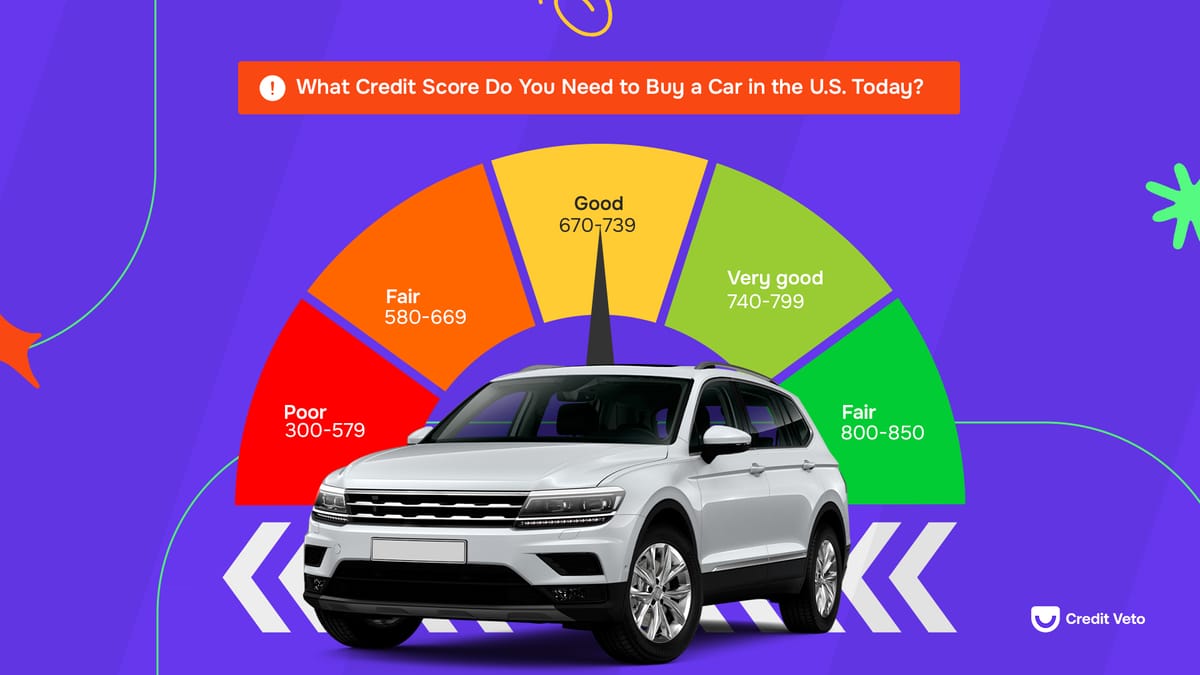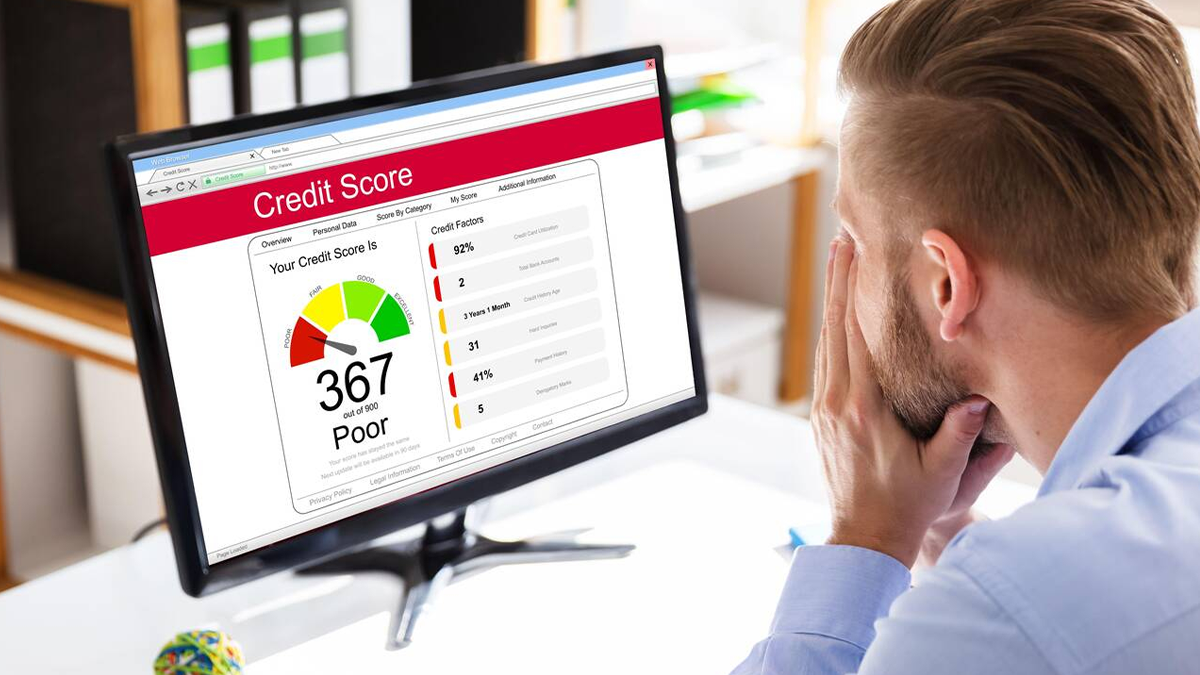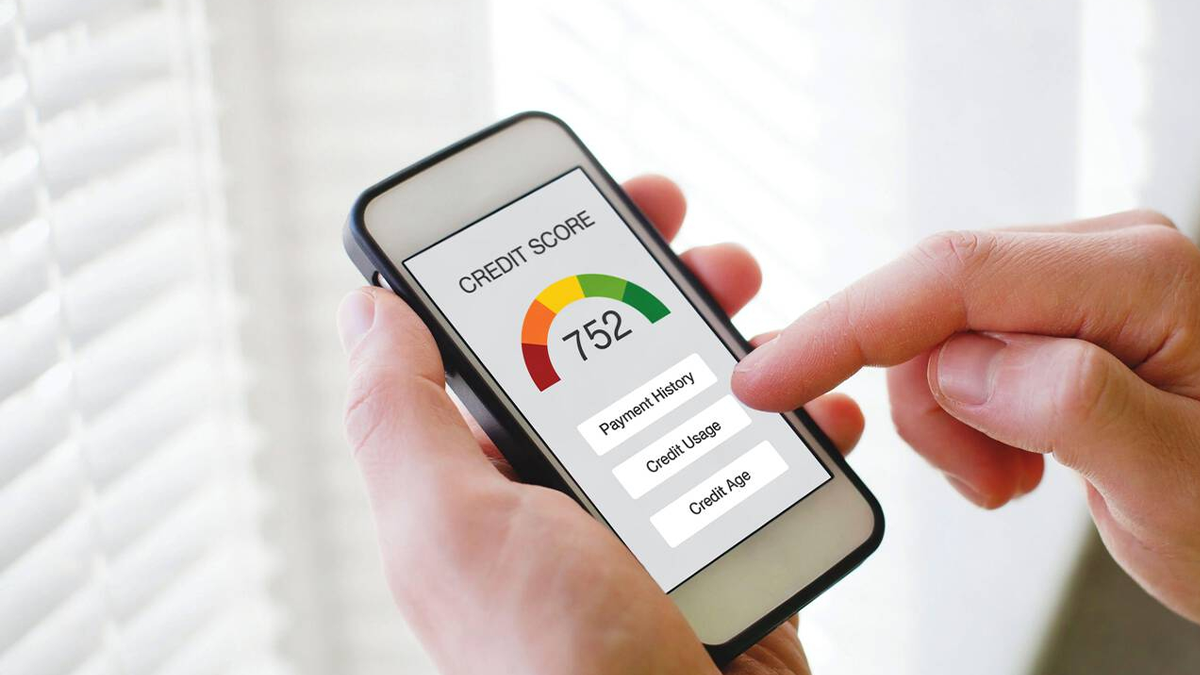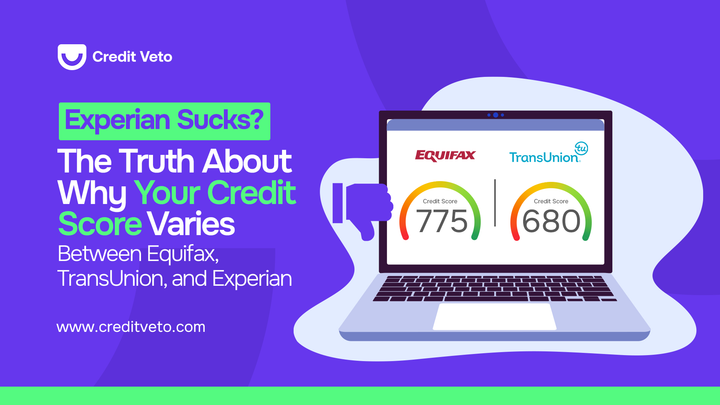What Credit Score Do You Need to Buy a Car in the U.S. Today?
A general rule of thumb is that a score higher than 660 will allow you to qualify for a fairly good interest rate and favorable terms. Learn more about car finance

According to Experian, a score of 661 or higher is generally accepted by most financing providers; depending on the lender, higher credit scores (around 755) may be required to qualify for the best rates.
When buying a car, your credit score plays a crucial role in determining your loan approval and the interest rate you’ll be offered. But then, it’s still possible to secure a car loan with seemingly bad credit.
Whether you're a first-time buyer or looking to upgrade your vehicle, understanding the credit score requirements for car financing is essential to avoid surprises during the car-buying process. Continue reading to learn everything you need to know about the credit scores needed to get a car in the U.S. today.
How Does Your Credit Score Affect Your Car Loan?
Your credit score doesn’t just affect whether you get approved—it directly impacts the terms of your loan. Here’s how your score affects different aspects of your car loan:
- Interest Rate: The higher your credit score, the lower your interest rate will be. A lower interest rate means you’ll pay less in interest over the life of the loan, saving you thousands of dollars.
- Loan Approval: If your score is on the lower end, lenders may see you as a higher risk and could reject your application or only offer you limited options.
- Loan Amount & Terms: A higher credit score also gives you the flexibility to request a larger loan with favorable terms (e.g., longer repayment periods or lower monthly payments). With a lower score, you might be limited to a smaller loan amount or shorter repayment terms.
What Happens If You Have Poor Credit?
If your credit score is below average, say around 600 or lower, expect higher interest rates. Here’s how the rates break down based on your credit score:
- Excellent (781-850): 4.77% APR on new cars, 7.67% APR on used cars
- Good (661-780): 6.40% APR on new cars, 9.95% APR on used cars
- Fair (601-660): 9.59% APR on new cars, 14.46% APR on used cars
- Poor (501-600): 13.08% APR on new cars, 19.38% APR on used cars
- Very Poor (300-500): 15.75% APR on new cars, 21.81% APR on used cars
What Credit Score Do You Need for Car Finance in the U.S.?
The credit score you need to buy a car in the United States today varies depending on several factors, such as the lender, the type of car, and whether you are applying for a new or used car loan.
However, the rule of thumb is that a score higher than 660 will generally allow you to qualify for a fairly good interest rate and favorable terms.
Now, let's look at a more detailed breakdown of what these credit scores really mean and how they affect your chances of getting a car loan in the U.S. today.
Excellent Credit (750 and above)
If your credit score is in the excellent range (750+), you are in the best position to secure the lowest interest rates available. Car dealerships and lenders will consider you a low-risk borrower, offering you the most attractive APR (Annual Percentage Rate). For instance, you may be able to secure financing with rates as low as 4.77% for new cars and 7.67% for used cars.
Good Credit (700-749):
With a good credit score, you’ll still enjoy decent financing options. Your rates may be slightly higher than those with excellent credit but still competitive. Expect rates around 6.40% for new cars and 9.95% for used cars.
Fair Credit (650-699):
A fair credit score can get you a car loan, but the interest rates will likely be higher, which means more money spent over time. The rates can range from 9.59% for new cars to 14.46% for used cars, depending on the lender’s policies.
Poor Credit (600-649):
Those with poor credit scores will find it difficult to get approved for a car loan through traditional channels. Lenders will often offer loans with higher interest rates, sometimes as high as 13.08% for new cars and 19.38% for used cars. However, subprime lenders and buy-here-pay-here dealerships may still approve you, though the terms will be less favorable.
Very Poor Credit (Below 600):
If your credit score falls below 600, you're in the very poor credit category. Getting approved for a car loan will be challenging. The interest rates you’ll be offered could be sky-high, up to 15.75% for new cars and 21.81% for used cars. In such cases, you may need to consider alternative financing options, such as a co-signer or subprime lenders.
Can You Get a Car Loan with Bad Credit?

Yes, you can still get a car loan with bad credit. While your options may be limited and the interest rates higher, there are ways to improve your chances of securing approval and getting a loan that suits your needs.
Here’s how to improve your chances of getting a car loan with bad credit:
Save for a Larger Down Payment:
The more you can put down, the less risky you appear to lenders. A larger down payment shows that you’re financially responsible and committed to the purchase, which can help offset your lower credit score.
Consider a co-signer:
A co-signer with good credit can help you get approved for a loan. This adds security for the lender, as they know that someone with a better credit history will back up the loan.
Look for Subprime Lenders or Buy-Here-Pay-Here Dealerships
Subprime lenders specialize in offering loans to those with bad credit. Similarly, buy-here-pay-here dealerships offer in-house financing without requiring credit checks, though their rates can be quite high.
Provide Proof of Income
Proving you have a reliable income can help make up for your bad credit. Lenders will want to know that you can make regular payments on your loan. Provide pay stubs, tax returns, or bank statements to show your income.
Shop Around for the Best Rates
Don’t settle for the first offer you receive. Rate shopping can help you find the best loan terms for your credit situation. Be sure to compare offers from multiple dealerships and lenders to find the best deal.
How to Improve Your Credit Score Before Buying a Car

While it’s possible to get a loan with bad credit, improving your credit score before you apply for a car loan can help you secure better rates and more favorable terms. Here are a few steps to boost your credit score quickly:
Pay Your Bills on Time:
The most important factor in your credit score is your payment history. Ensure that all of your bills are paid on time, and try to set up automatic payments to avoid missing due dates.
Dispute Any Inaccuracies on Your Credit Report:
Sometimes, mistakes can show up on your credit report, which could be hurting your score. If you find any discrepancies, dispute them immediately to have them corrected.
Lower Your Credit Utilization:
Credit utilization accounts for 30% of your credit score. Keeping your credit card balances below 30% of your credit limit will help improve your score.
Avoid New Credit Applications:
Each time you apply for credit, it triggers a hard inquiry on your credit report. This can temporarily lower your score. If you're planning to buy a car soon, avoid applying for any new credit until after the purchase.
Pay Off or Settle Collection Accounts:
If you have any accounts in collections, paying them off or negotiating a settlement can help improve your credit score and demonstrate to lenders that you are taking responsibility for your debts.
Can Getting a Car Loan Help Build Your Credit?
Yes, obtaining a car loan can help build your credit, as long as you make your payments on time. When you successfully manage a car loan, it can improve your credit mix, which is a factor in your credit score. Over time, as you make consistent payments, your payment history will improve. Remember, it covers 35%, making it the most important factor in your credit score.
Conclusion
A 660+ credit score is typically recommended for a competitive car loan. But even with lower credit, there are ways to secure a loan. Improve your credit score by following these steps and shop around for the best deal that fits your financial situation.
Need help boosting your credit score? Credit Veto offers legit credit repair tools to guide you through the process and improve your score so you can get better rates when it’s time to buy your car.
FAQs
Q: What credit score do I need to buy a car? A: A 660+ score is ideal for a competitive rate, though it varies by lender.
Q: Can I get a car loan with bad credit? A: Yes, but expect higher interest rates and consider a larger down payment or a co-signer.
Q: How can I improve my credit score before buying a car? A: While paying bills on time, disputing inaccuracies, and reducing your credit utilization can boost your score. However, if you require specific help with detailed instructions, Credit Veto is the best option. We evaluate your credit report using artificial intelligence (AI) and give you all the expert resources you need to keep and raise your credit score.




Comments ()